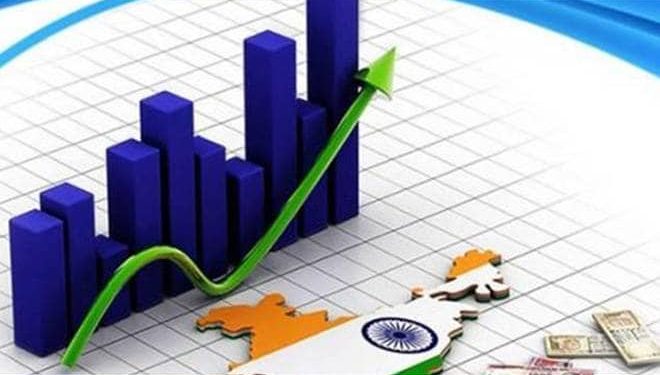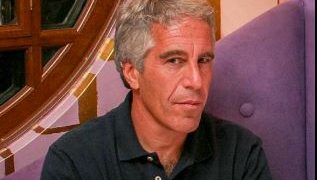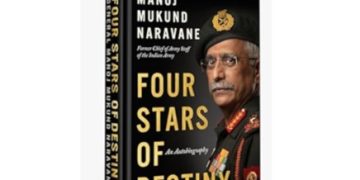Growth has momentum and slowdown has inertia. The Indian GDP growth has fallen to 5 per cent in the April-June quarter, from 8 per cent. This slowdown can only be reversed if both short-term and long-term reforms are undertaken.
The fall in GDP growth is sudden and dramatic. Till now, while only businesses were talking about the slowdown, it is now a reality for the country. People worry about how bad things are and is this bottom or the beginning of a slowdown.
There is concern about the speed and nature of the government and industry’s response, and will these actions turnaround things immediately, or not.
These concerns and perceptions need answers as they affect consumer confidence and consumption. Acknowledging the problem is not a sign of weakness or acceptance of any blame. It’s a fact that leadership in the corporate sector has failed to recognize the major transition taking place in their sector that has affected consumer demand.
Sectoral collapse has happened because of poor business decisions in banking, real estate, construction and lately in non-banking finance companies (NBFCs)/housing finance companies (HFCs). Now all these sectors are looking for stimulus packages to bail them out from their mistakes.
Take the auto sector, for example. It did not prepare for shifts in consumer behaviour and market needs. They contribute almost 6 per cent to the GDP and offer employment to 37 million people and are clamouring for stimulus on behalf of their employees.
The stimulus has to be for both employees and corporates. The sector is asking stimulus to protect jobs, but it does not mean it will happen as they move to electric vehicles (EV).
EVs have a fraction of moving parts as compared to an internal combustion engine. The engine and drive line are two crucial components of the internal combustion engine that contribute 50 per cent of the auto component industries’ revenues. The move to EV will disrupt the supply chain of components at one end and maintenance and repair on the other. This needs specific incentives to upskill employees to maintain, repair or make electric vehicles.
Upskilling of mid-level workers is the core component of all sectoral stimulus packages. The disruption in industries is not cyclical or because of economic slowdown. There is a structural shift in many industries because of technology or shift in consumer preferences. Automation is affecting jobs in both manufacturing and services, which displacement is also affecting the consumption cycle.
The stimulus for auto companies has to promote investment. India needs an investment of $40 billion in batteries for EVs. Auto companies can get incentives for making this investment. They can be incentives to shift existing production lines to electric cars.
These are, however, palliative measures and will not turnaround the economy The bigger issue is revival of consumption demand.
The government has had discussions with several sections of business and economists over the last few weeks. It has plucked out all the prickly issues which created a negative perception and eroded trust. But if a tyre is losing air pressure removing nails from the road ahead will not stop the air from leaking.
Action has to inspire confidence among consumers to spend and for industry to invest. Removing taxation on foreign portfolio investor and other prickly issues is a hygiene factor. It shows the government is correcting mis-steps faster. Addressing it within a week, which the Finance Minister Nirmala Sitharaman did shows the speed of response.
This is important as it will bring back the confidence in the industry, investors and market. But the confidence to spend or even pay EMIs has to be restored.
It is equally important to set the right expectations for a return to normalcy or a turnaround in growth. The massive mandate this government received shows the expectation of the common man. Not setting the expectation right or distorting the timelines will not serve to inspire consumer confidence. People are pragmatic and patient if they understand the time it will take to come out of the current situation. They know there are no shortcuts out of slowdowns.
The current initiatives are either short-term measures or long-term reforms. The consolidation of Public Sector Banks (PSBs) announced on August 30, falls into the latter category. It will not turnaround the banking sector, ease the credit flow or even improve the transmission of interest cuts — the three most important problems contributing to the slowdown. The consolidation will take time.
The consolidation of the PSBs is a structural reform much needed, long overdue and may reduce the recapitalisation requirements. The governance reforms will improve the process of supervision, hiring and compensation. It will not change the credit evaluation, disbursement and monitoring of loans, which is the core problem in PSBs.
The culture of poor evaluation of borrowers and lack of risk mitigation has contributed to the non-performing asset (NPA) mess in the PSBs. This culture cannot vanish overnight as it’s entrenched in processes and behaviour.
Banking leadership can use the disruption to overhaul the culture and build a new system and processes. If they get sucked into the merger and take their eyes off credit growth, customer retention, their merged entity will be weaker than the sum of the parts.
Both merger and governance reforms were important but are obviously not sufficient from the slowdown point of view.
To kick-start the consumption cycle money has to go into the common man’s pocket. This can happen by reducing income tax for the lowest slab, as recommended by the Direct Tax Code report. It can be done by making GST filing quarterly for MSMEs with less than Rs 10 crore turnover to ensure they survive the slowdown. The GST Council can look at reducing rate slabs and reduce the overall burden on corporates.
Immediate steps:
. Give auto sector incentives to invest and shift to electric vehicles
. Incentives to auto sector employees to upskill on electric vehicles
. Change GST collection to quarterly for companies below Rs 1 crore
. Reduce the GST slab rates
. Adopt the Direct Tax Code, cut income tax for the bottom slab
. Improve credit flow to both consumer and industry
. Reduce real interest rates by 135 basis points as cost of capital has to come down
. Change the credit culture in public sector banks
. Stimulus should drive investment, upskilling for displaced employees
. Factor market reforms, including bringing the cost of land down.






































